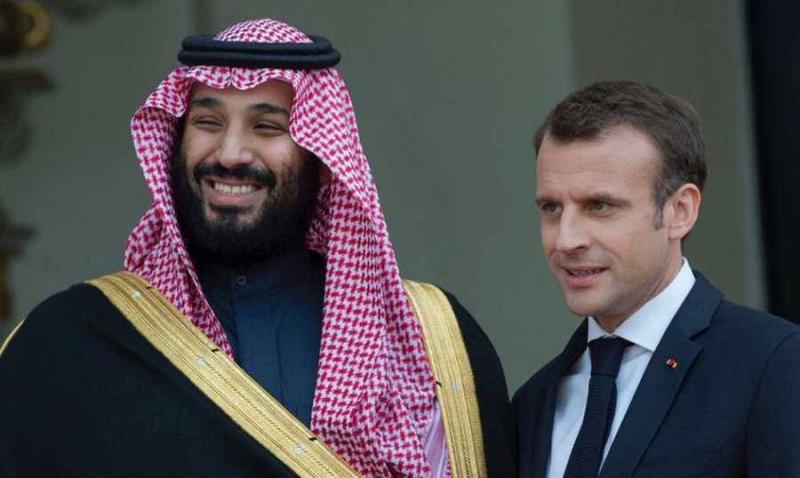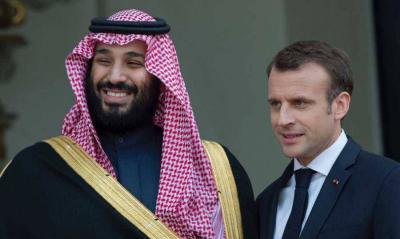The presidential scene is becoming increasingly complicated over time. Instead of the economic, financial, and living crisis pushing political forces to compromise and ease tensions, they continue to clash among themselves, broadening the scope of their battles. For example, yesterday, the head of the Free Patriotic Movement, Deputy Gibran Bassil, decided to directly attack Army Commander General Joseph Aoun. While Aoun's potential presidency is troubling for the head of "Lebanon Strong," who either wants to be the president or to choose one, Bassil stated that "the Army Commander violates defense and public accountability laws, unilaterally takes over the powers of the Minister of Defense, and manages millions from a private funds box and army properties, while the Prime Minister has issued illegal decisions, the latest being placing general managers at his disposal." At the same time, he threatened to announce his candidacy, a move that would complicate the already overcast presidential landscape, as it would naturally embarrass Hezbollah.
Amid this local political impasse, attention is turning to France, hoping that a breakthrough may come from there to Beirut. In Paris, a preliminary five-nation international meeting is set for February 6 to discuss the situation in Lebanon and the presidential election, with representatives from France, the United States, Saudi Arabia, Egypt, and Qatar in attendance. According to diplomatic sources speaking to "Al-Markazia," the conference will either lead to a solution or nothing at all. The equation is that simple. Paris, according to the sources, is pressing to have the gathered powers establish a clear roadmap to ensure the presidential election occurs as soon as possible, and it wants to initiate a series of talks with Iran following this meeting to facilitate the elections in Beirut. This means that the Elysee, along with Egypt and Qatar, does not want the conference to be merely for show or for ordinary consultations about Lebanon and its crisis; instead, they want it to be "decisive."
However, the sources continue, Washington and Riyadh do not share the same enthusiasm, showing little interest in the Lebanese developments and their details. Their primary concern is stability and curbing Hezbollah while continuing their support for the army and humanitarian assistance to Lebanese NGOs. Based on the political, sovereign, and reform program of the elected president, the Americans and Saudis will determine their approach toward the Lebanese state. According to the sources, this stance of indifference and coldness from both countries will persist until oil exploration begins "in practice," which is expected by next summer. If Lebanon is still mired in its complications by then, Washington may intervene to expedite a solution.
So, which of the two approaches will the upcoming Paris Conference take: decisive action or further procrastination?




